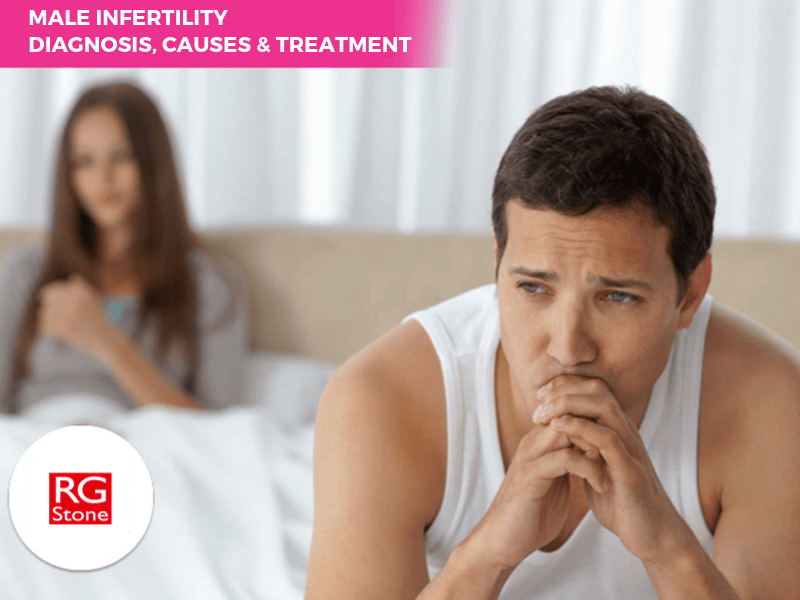With changing lifestyle preferences, Prostate cancer has become one of the common problems reported in males. In case you have discomfort in your groin area, swelling, or pain while urinating, you might have Prostate cancer. It is advised to see a doctor as soon as possible. If you are diagnosed positive for prostate cancer, you will be guided for the various treatment options available for the condition.
While the doctor would guide you the best, it is important to have knowledge about the treatment options available to you. In this article, we have discussed all the possible treatments for prostate cancer. The doctor might recommend any one of these or advise a combination. The selection depends upon a range of factors including the stage of cancer, your health condition, medical history, and more.
Radiation therapy for prostate cancer
Radiation therapy uses photons to kill cancerous cells. The ionizing radiation is targeted on the cancerous cells for killing their DNAs. Once coming in contact with the radiation, the cancer cells die without multiplying or regenerating. The treatment is appropriate when prostate cancer is local. It is as effective as surgery and offers great results. You will have to connect with a radiation oncologist who will arrange your radiotherapy sessions. There are two types of radiotherapy:
- External Beam Radiation Therapy (EBRT): EBRT is commonly used radiotherapy to treat prostate cancer. The radiologist, with the help of mapping, identifies the location of the cancer cells and target them specifically.
- Brachytherapy: In this therapy, the experts implant radiation seeds inside the prostate. These seeds emit radiation internally, killing the cancerous cells.
Surgery for prostate cancer
In case, cancer has not spread, doctors suggest removing the prostate gland through surgery. The procedure is called radical prostatectomy. However, in case, cancer has spread and formed a more advanced stage, the doctors work on the removal of the lymph nodes.
Open radical prostatectomy is the conventional way of operating the prostate gland and removing it. However, nowadays laparoscopic prostatectomy has become more popular. Irrespective of the type, a prostatectomy is a critical procedure, followed by a tough healing process. Surgery is often combined with other treatments such as Hormone therapy and Radiation therapy. The doctors might also recommend chemotherapy once the surgical wound is completely healed.
Hormone therapy for prostate cancer
It is believed that testosterone is one of the fuelling elements for the development of prostate cancer. Through Hormone therapy for prostate cancer, the doctors focus on minimizing the levels of testosterone in the body. The treatment is also known as androgen deprivation therapy or ADT and is used in a case where metastasis has happened. The therapy works on stopping the production of Testosterone or limits its contact with the prostate.
Chemotherapy for prostate cancer
The primary goal of chemotherapy is to restrict cancer from spreading to other sites. It is a critical procedure with lots of side effects. The oncologists administer medicine to your veins which acts on the cancerous cells. However, the high effects of the medicine can easily be observed by healthy cells as well. The result is a complete body imbalance. The side-effects range from nausea to vomiting, constipation to loose motions, headaches to fatigue, and a lot more. Its prime focus is to improve the quality of life and increase life span.
Immunotherapy for prostate cancer
Cancerous cells are harmful to the body and our immune system is designed to work against them. However, when a patient has a progressive prostate cancer condition, the immune system can become weak. Immunotherapy works on the immune system of the body and retrains immune cells to respond to the malicious cells.
Some of the common types of immunotherapies include
These are some of the key treatments available for Prostate Cancer. An experienced prostate cancer expert can help you identify the best treatment for your condition and fight with prostate cancer effectively.





